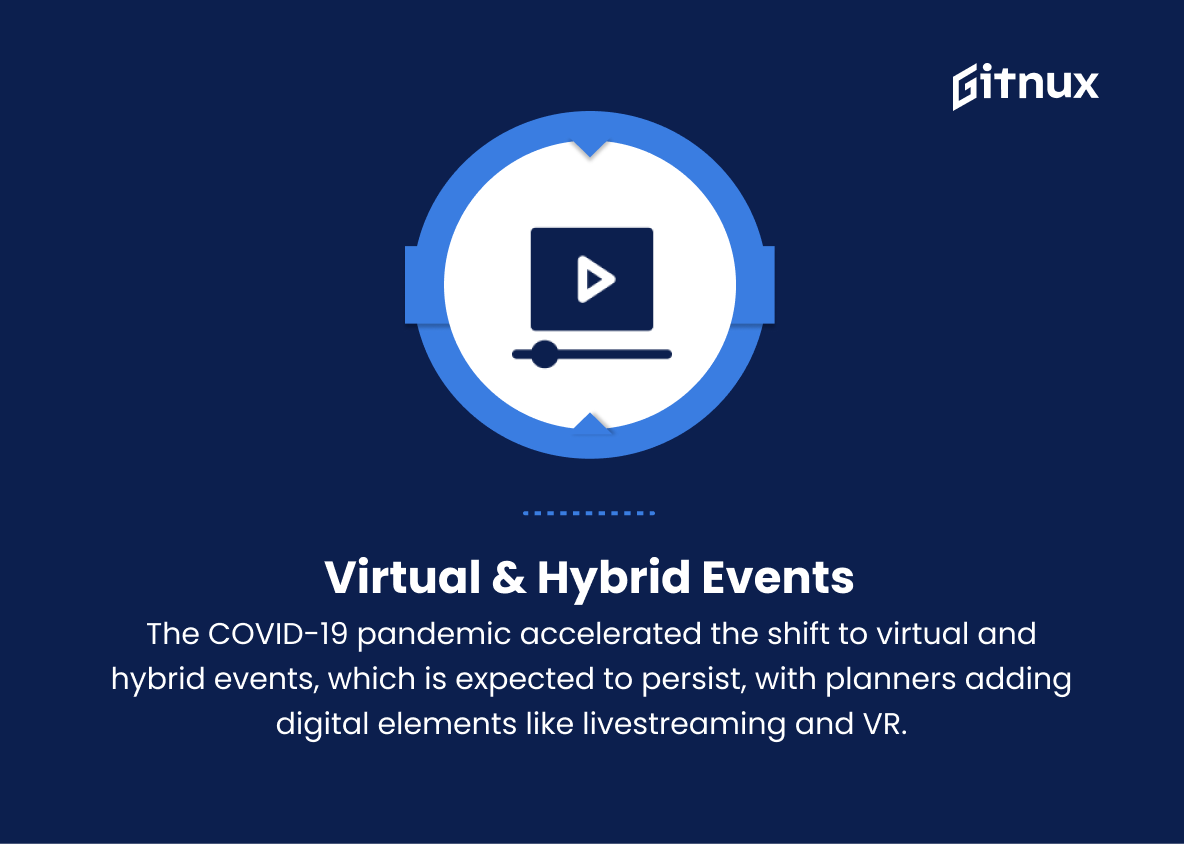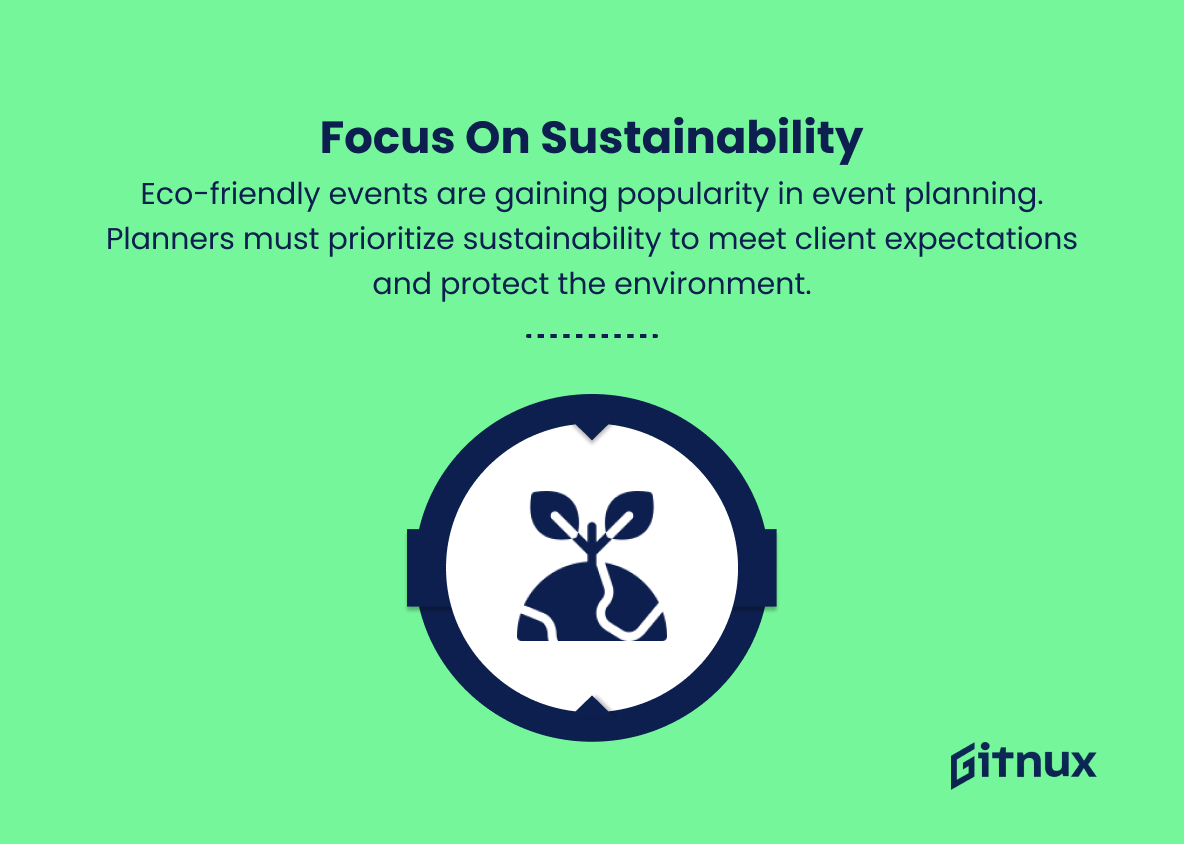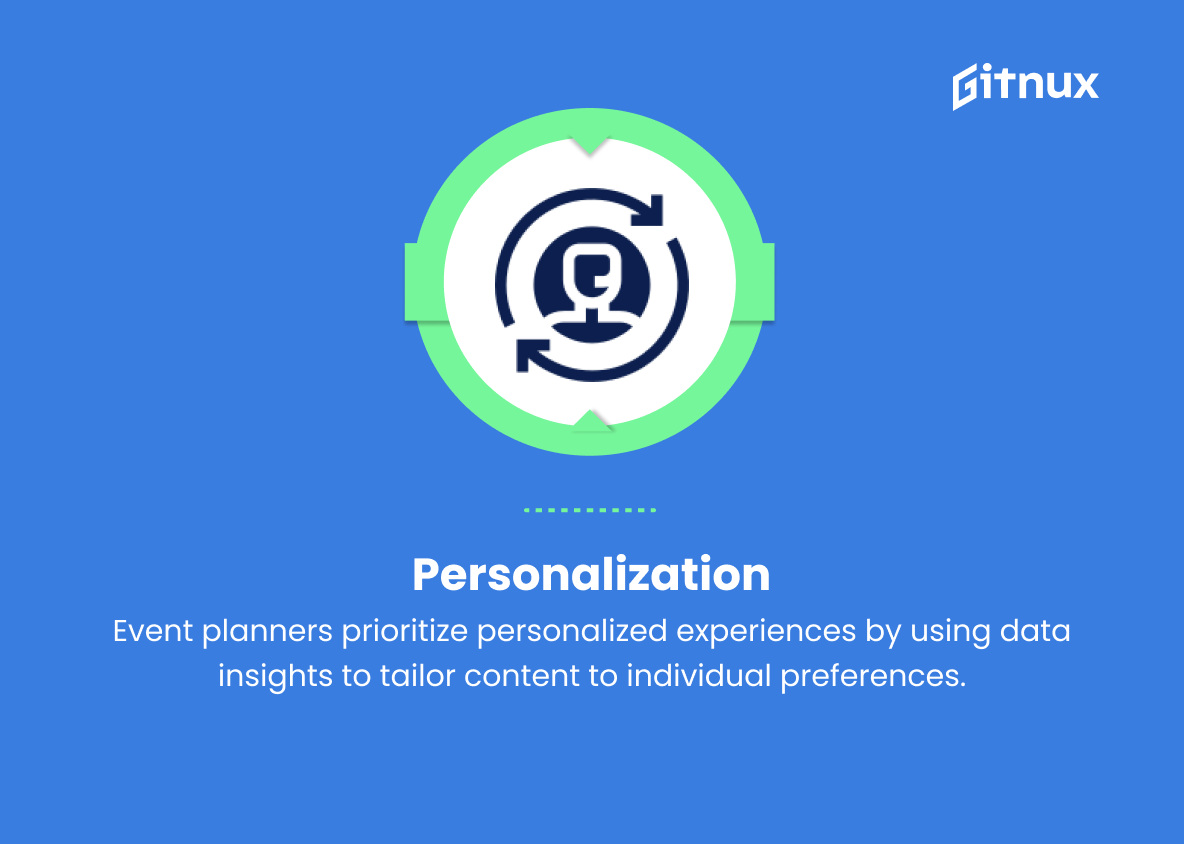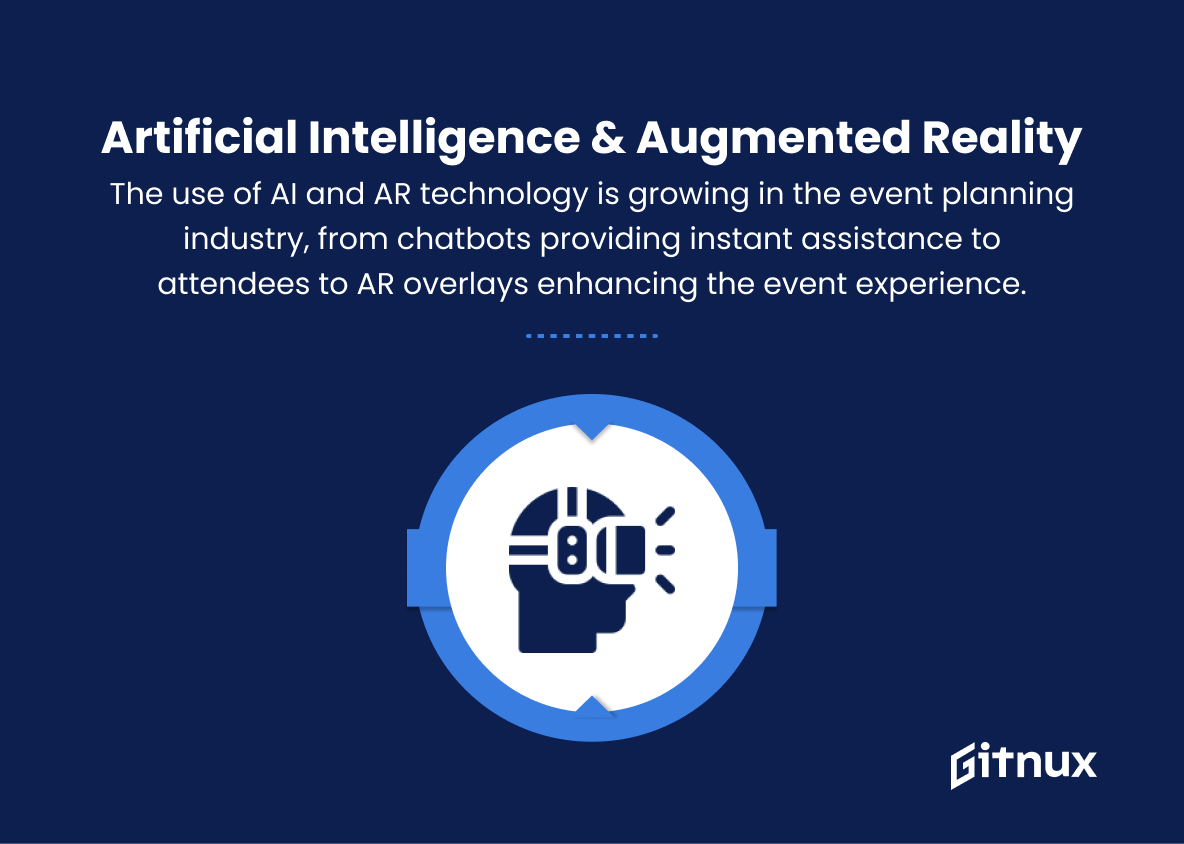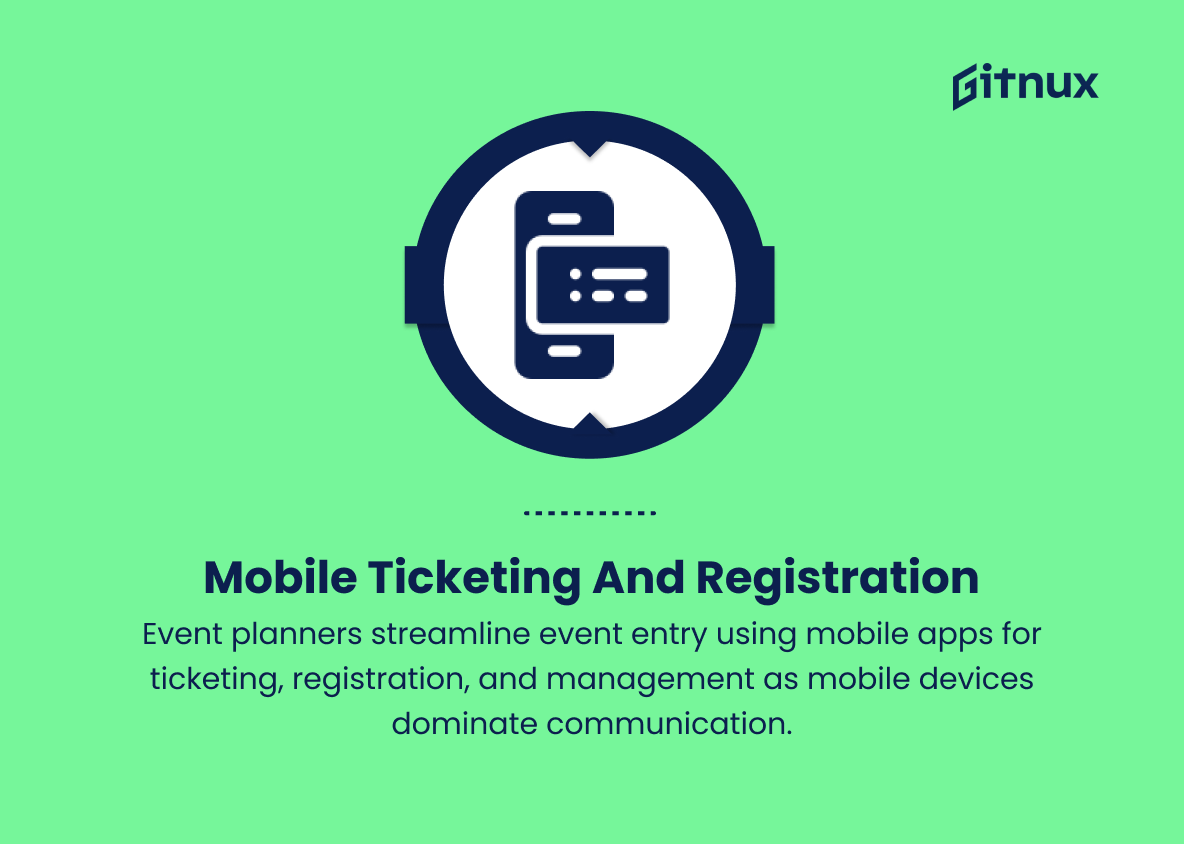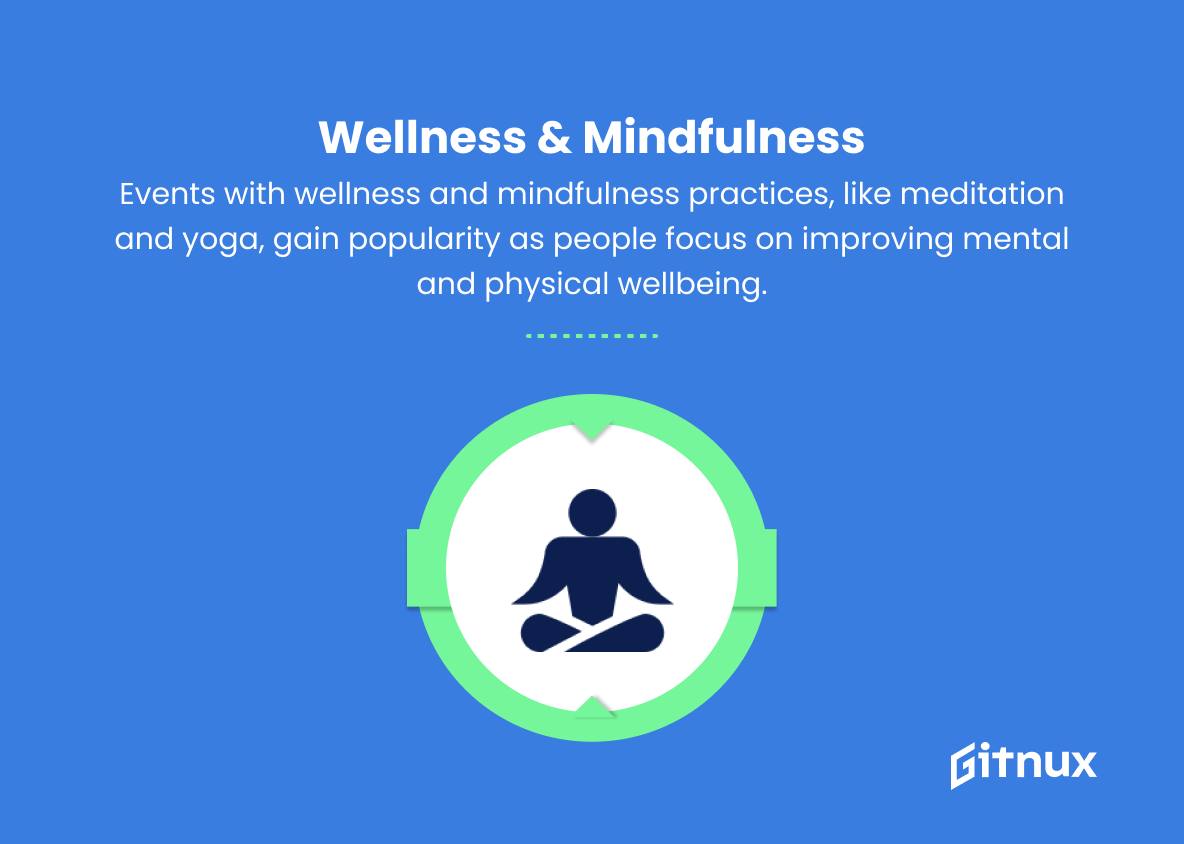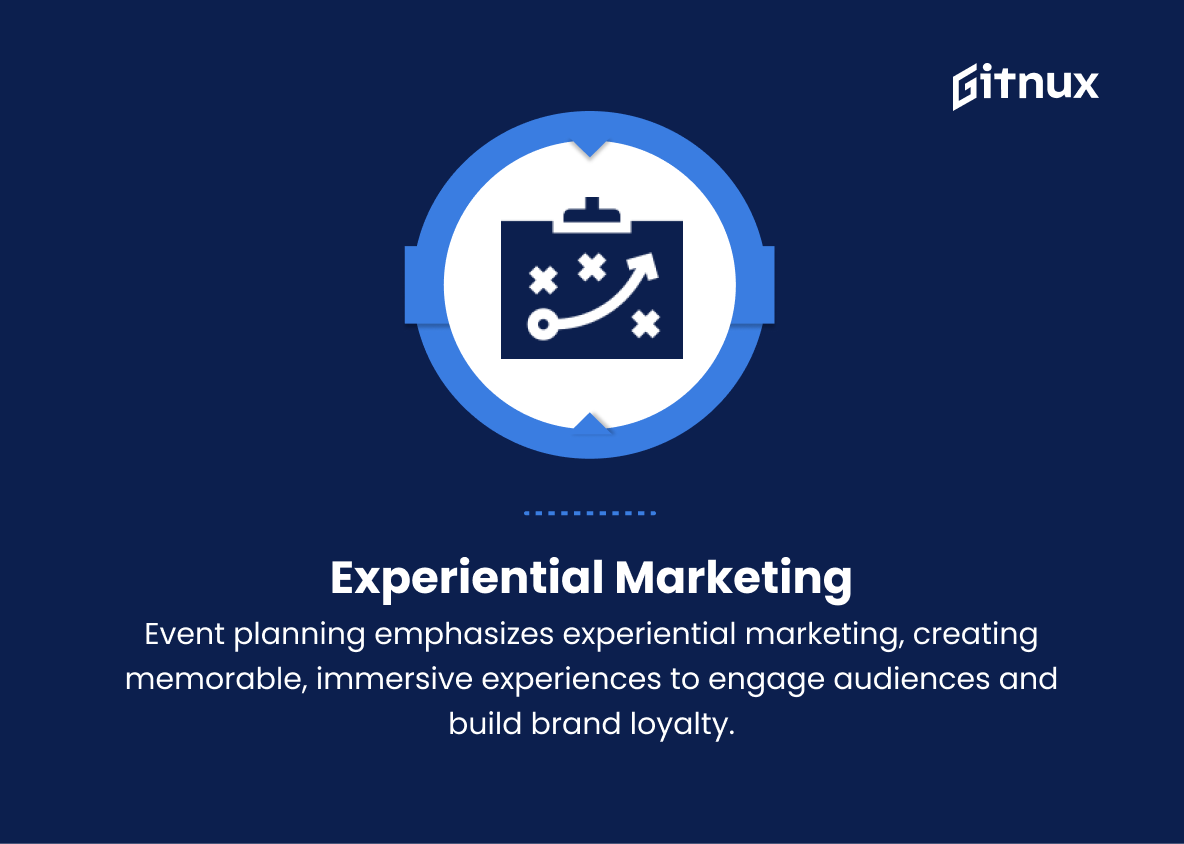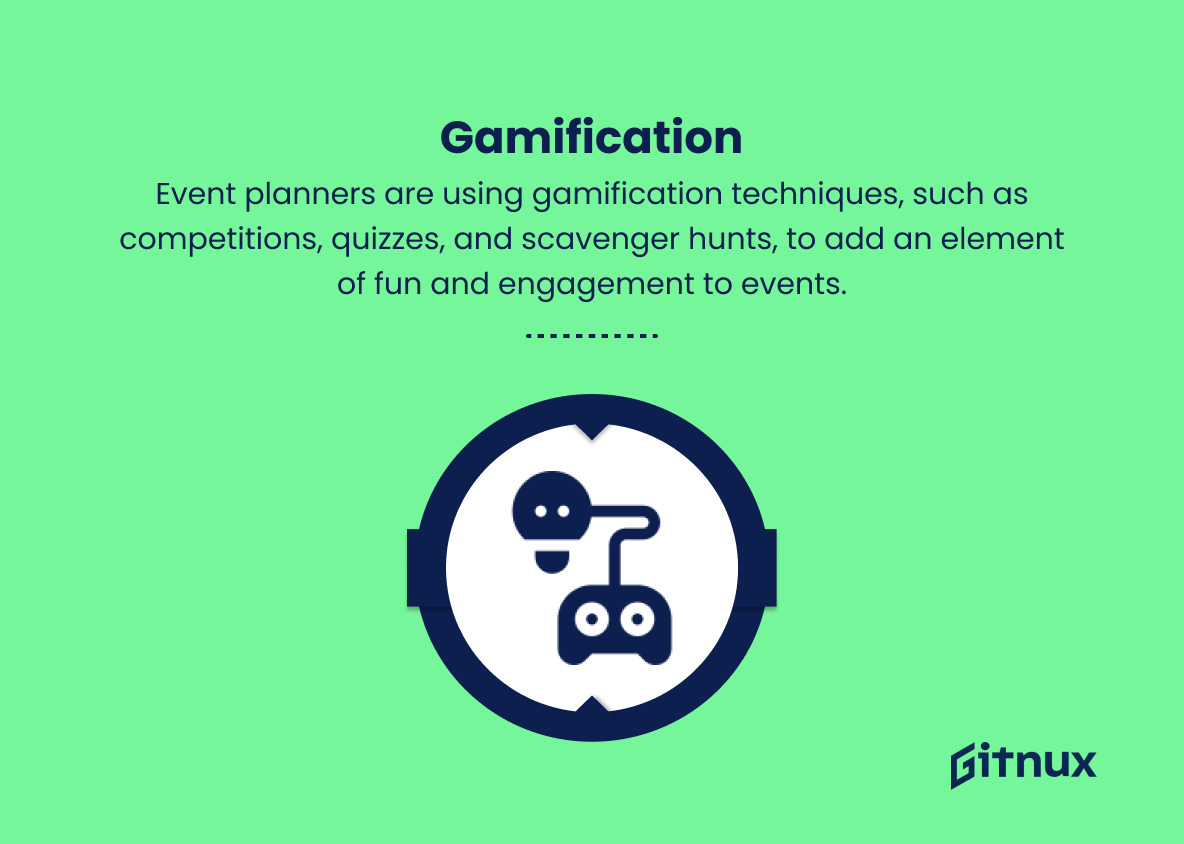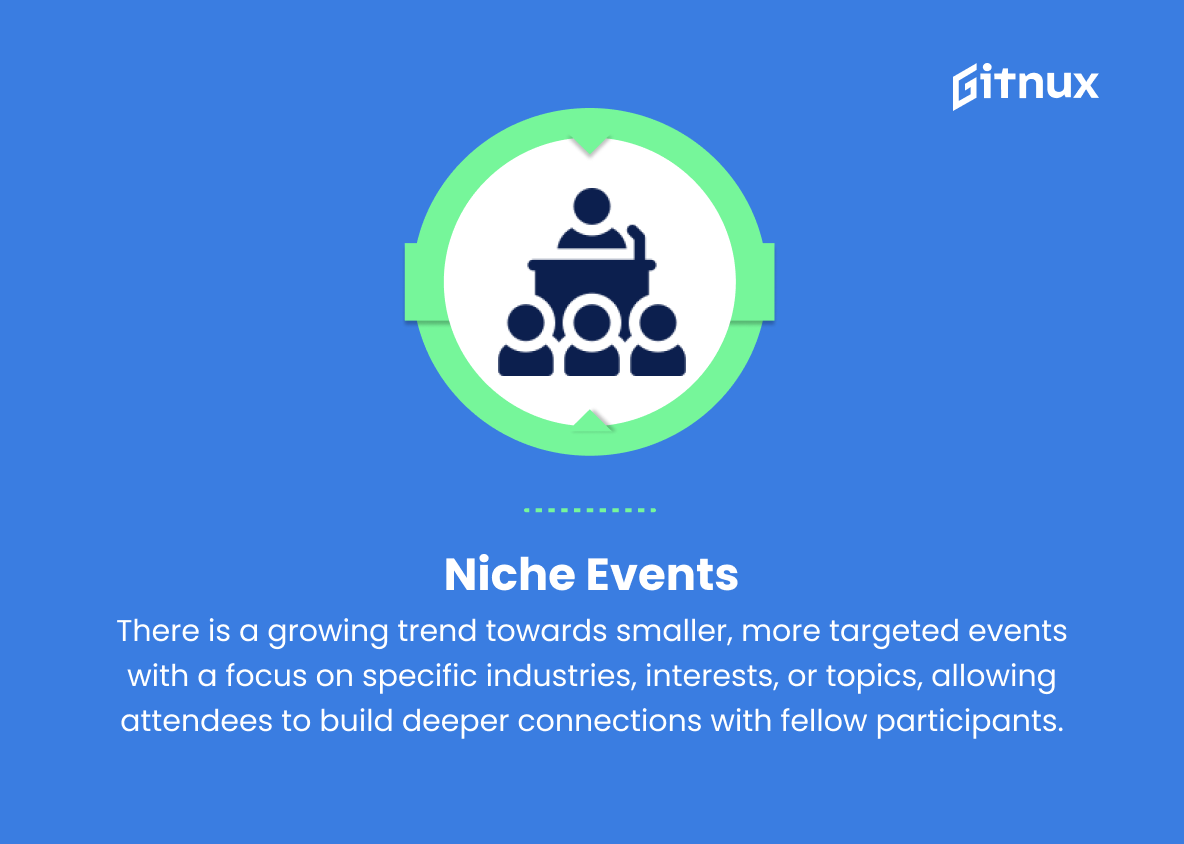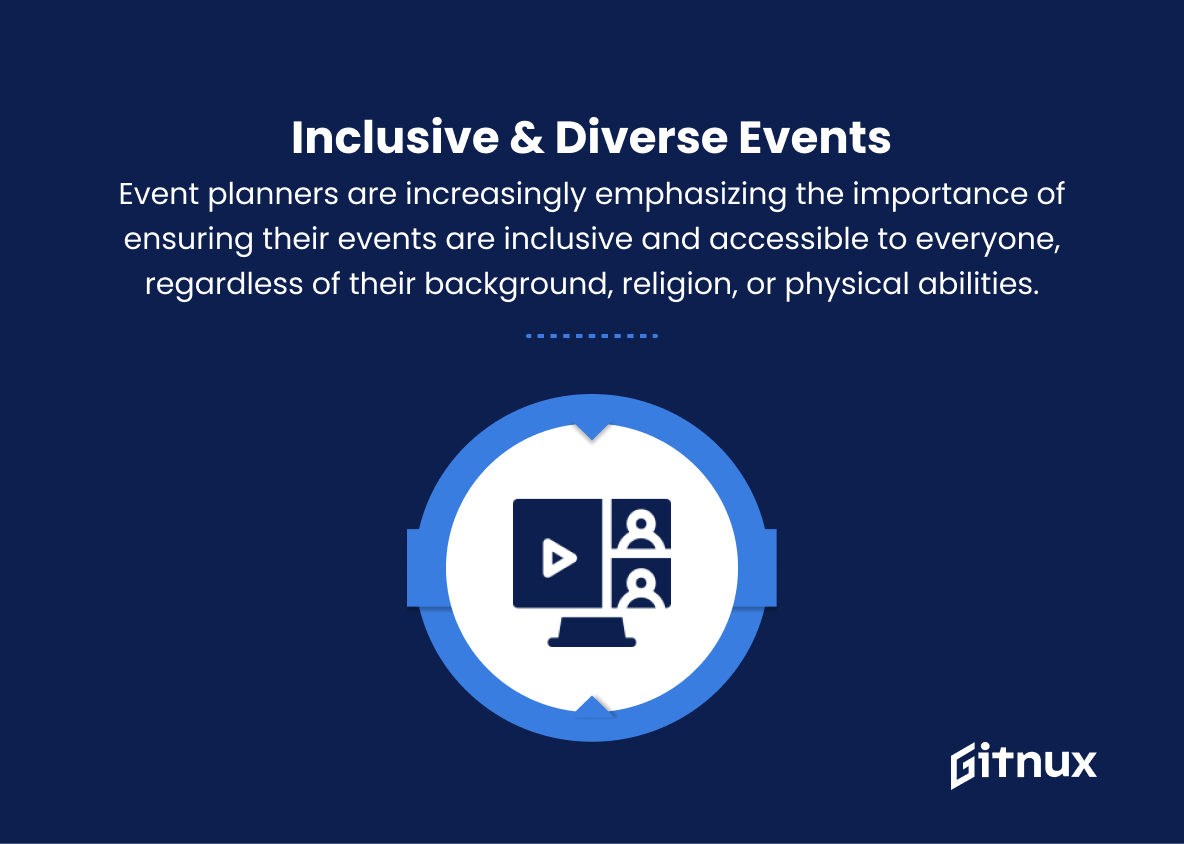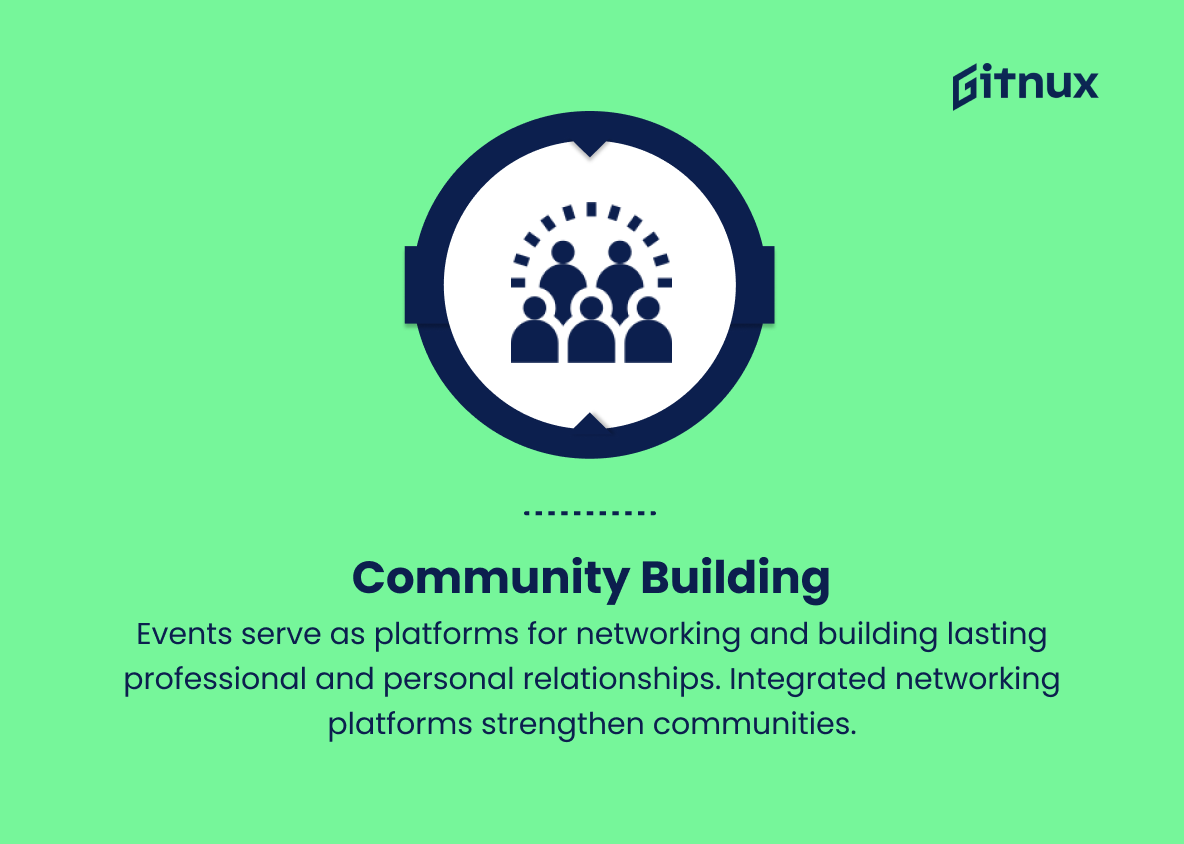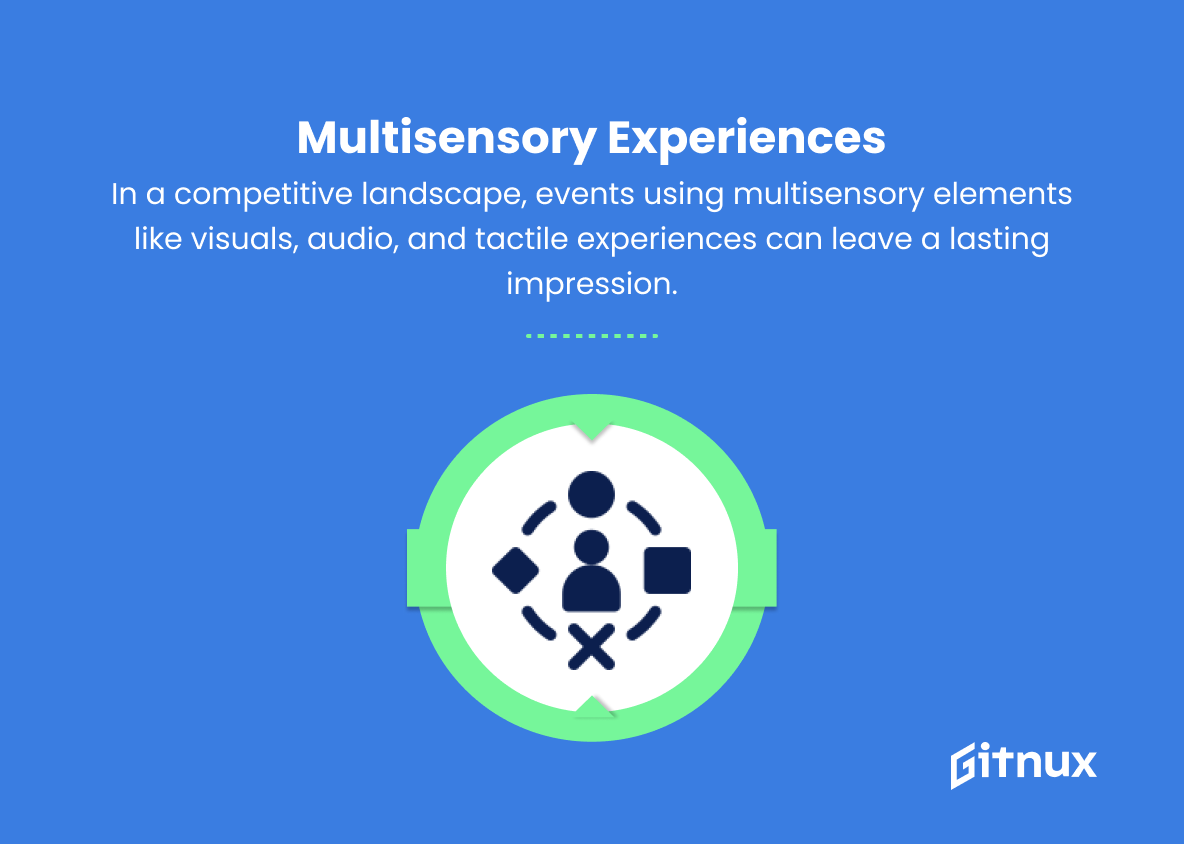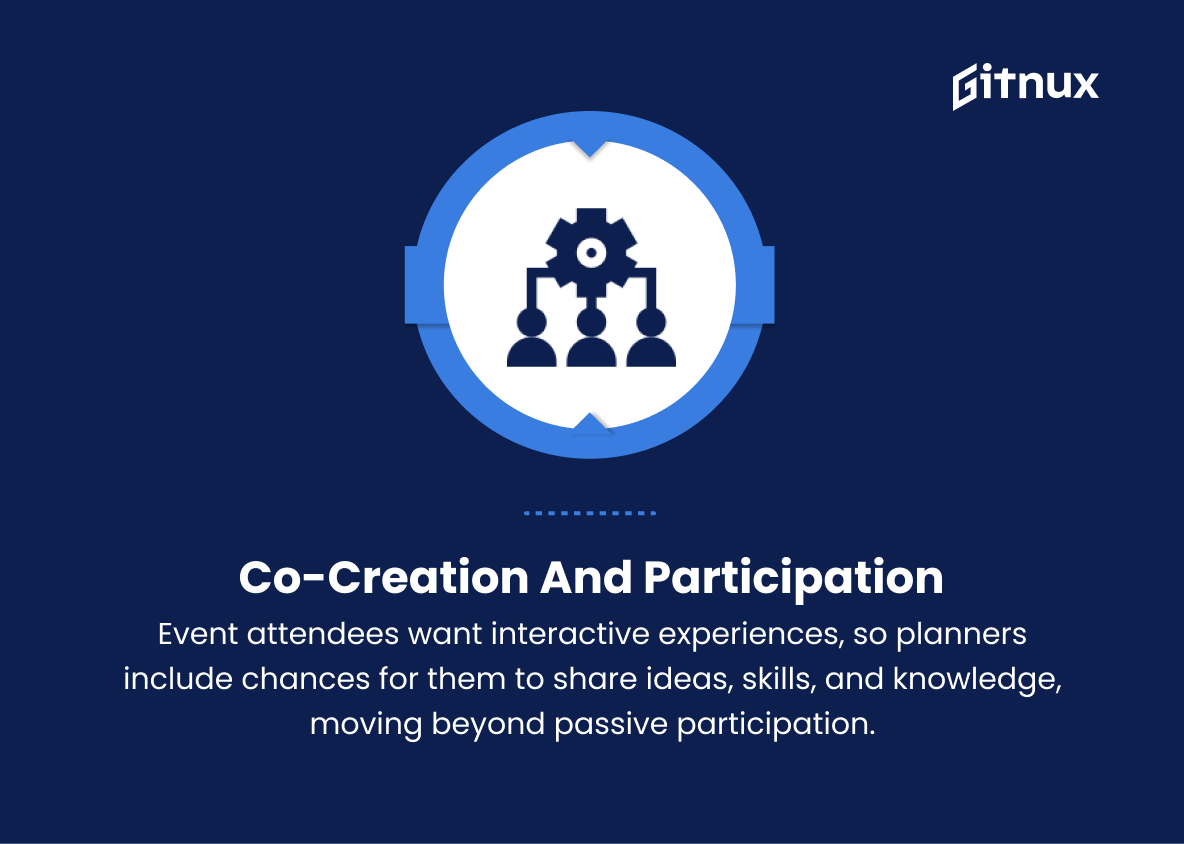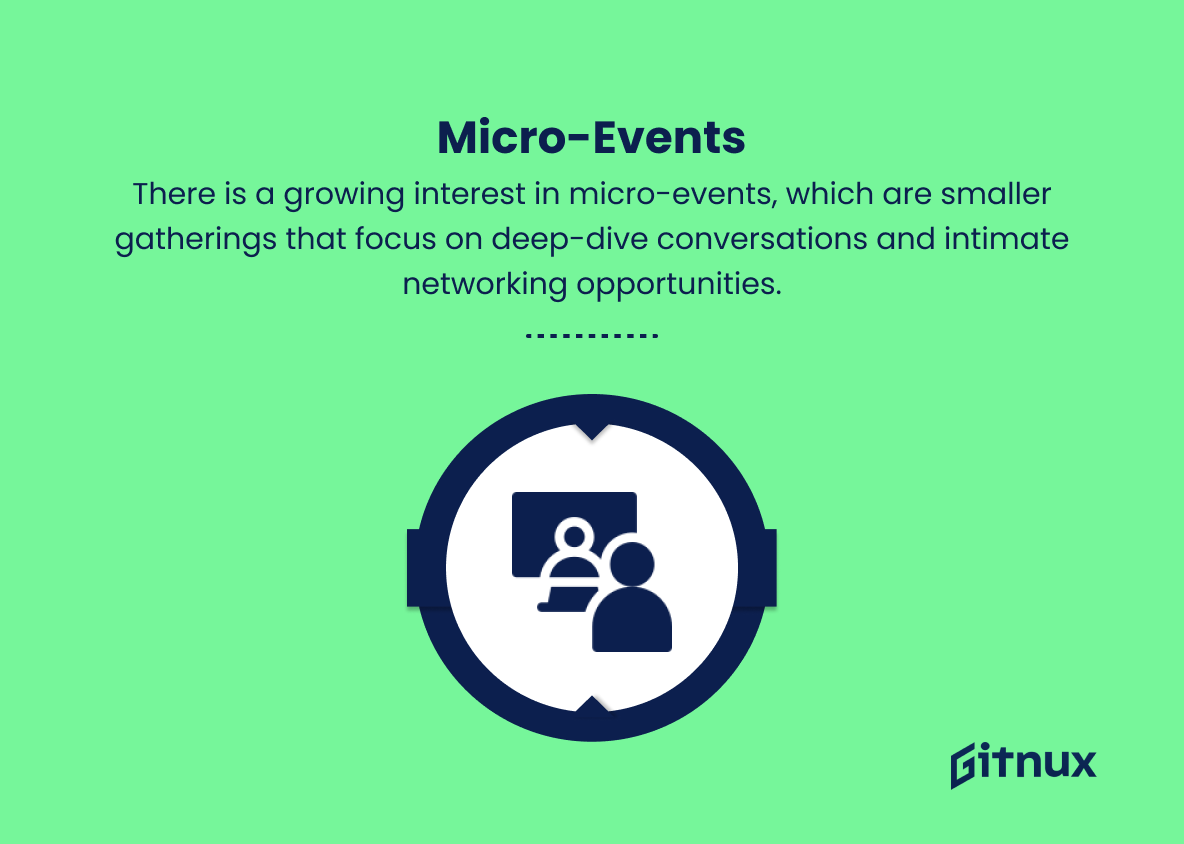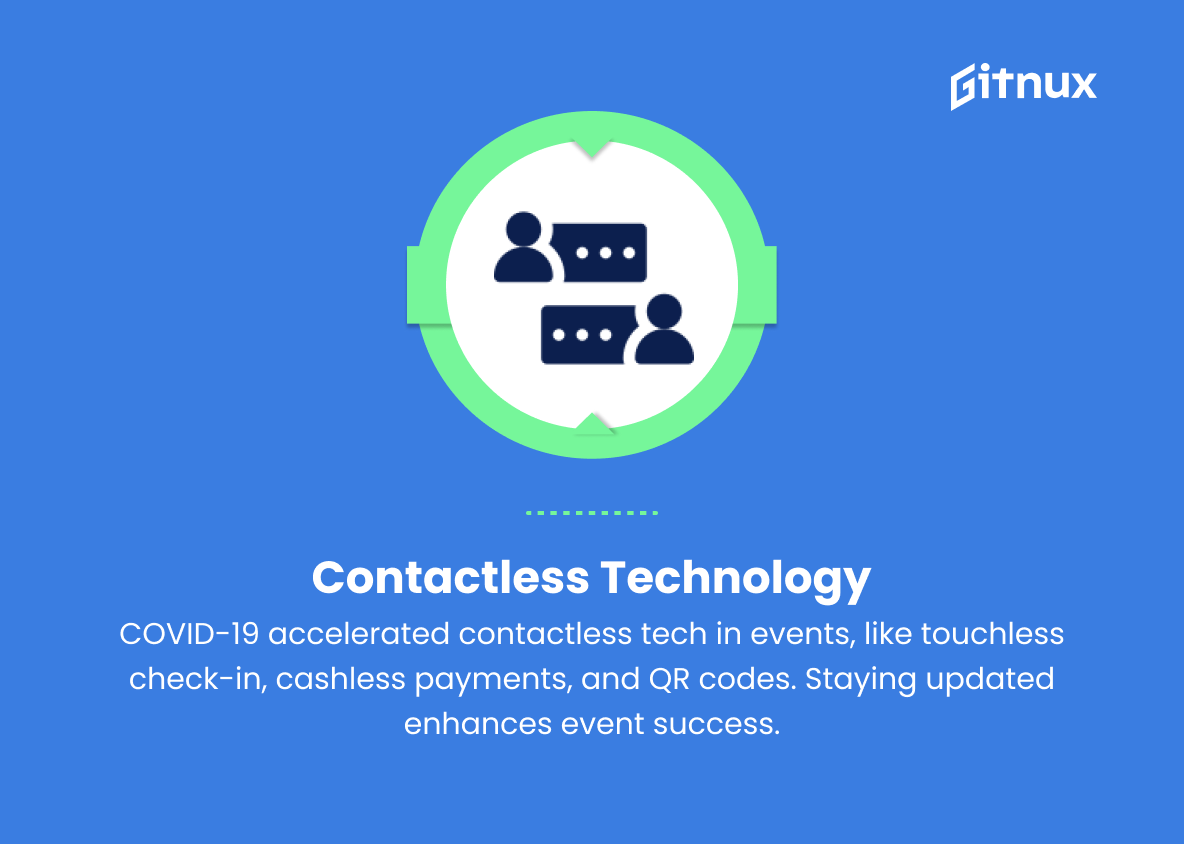As the world of event planning evolves rapidly, adaptability is key for keeping up with the ever-changing landscape.
With new trends emerging every year, successful planners can no longer rely solely on their past expertise – they must adapt, innovate, and reimagine their approach in order to create truly memorable experiences.
In this insightful and timely blog post, we delve into the hottest event planning trends of today, exploring various cutting-edge concepts and strategies that are shaping the future of the industry.
From the integration of technology and livestreaming, to the push for more sustainable practices and increased personalization, these transformative trends are redefining the way events are designed, planned, and executed.
Stay ahead of the curve and discover the latest ideas and inspirations that are driving the event planning industry to new heights.
Top Event Planning Trends
1. Virtual & Hybrid Events
The shift towards virtual and hybrid events has been accelerated due to the COVID-19 pandemic. This trend is expected to continue, with event planners often including digital components such as livestreaming and virtual reality experiences in their events.
2. Focus on Sustainability
Eco-friendly events focusing on reducing waste, promoting recycling and conservation, and using green materials and products are increasingly becoming popular in the event planning industry. Event planners need to consider sustainable event practices to meet client expectations and contribute to saving the environment.
3. Personalization
Event planners are increasingly focusing on creating personalized experiences for their attendees by leveraging data insights and tailoring content to meet individual preferences and interests.
4. Artificial Intelligence (AI) & Augmented Reality (AR)
The use of AI and AR technology is growing in the event planning industry, from chatbots providing instant assistance to attendees to AR overlays enhancing the event experience.
5. Mobile ticketing and registration
As mobile devices continue to dominate the communication sphere, event planners are making use of mobile apps for ticketing, registration, and event management, streamlining the event entry process for attendees.
6. Wellness & Mindfulness
Events that incorporate wellness and mindfulness practices, such as meditation and yoga sessions, are becoming increasingly popular as people seek to improve their mental and physical wellbeing.
7. Experiential Marketing
There is a growing focus on experiential marketing in event planning, with events being designed to provide memorable and immersive experiences that engage audiences and encourage brand loyalty.
8. Gamification
Event planners are using gamification techniques, such as competitions, quizzes, and scavenger hunts, to add an element of fun and engagement to events.
9. Niche events
There is a growing trend towards smaller, more targeted events with a focus on specific industries, interests, or topics, allowing attendees to build deeper connections with fellow participants.
10. Inclusive & Diverse Events
Event planners are increasingly emphasizing the importance of ensuring their events are inclusive and accessible to everyone, regardless of their background, religion, or physical abilities.
11. Community Building
Events are increasingly seen as platforms for individuals to connect and develop lasting relationships, both professional and personal. Networking platforms integrated into events can help form stronger communities.
12. Multisensory experiences
As the competition for attendee attention becomes fiercer, events that incorporate multisensory elements, including visuals, audio, and even tactile experiences, can stand out and create a lasting impression.
13. Co-creation and participation
Attendees are looking for more interactive and participatory event experiences, as opposed to passive consumption. Event planners are now including more opportunities for attendees to contribute their ideas, skills, and knowledge.
14. Micro-events
There is a growing interest in micro-events, which are smaller gatherings that focus on deep-dive conversations and intimate networking opportunities.
15. Contactless technology
The COVID-19 pandemic has accelerated the adoption of contactless technology in events, such as touchless check-in systems, cashless payment options, and QR codes for accessing event information.
By staying on top of these trends, event planners can deliver the most relevant and engaging experiences for their audiences, ultimately leading to successful and memorable events.
Implications
The event planning industry is undergoing a radical transformation, driven by technological advancements and shifting societal values. The rise of virtual and hybrid events, driven by the COVID-19 pandemic, is likely to endure as people become accustomed to the flexibility and accessibility these formats offer. Sustainability has become a key focus, with eco-friendly events helping to mitigate environmental impacts and meet shifting consumer expectations.
Personalization is becoming increasingly important, as planners leverage data insights to create tailored experiences for each attendee, while the integration of AI, AR, and mobile technology enables instant assistance, immersive experiences, and streamlined processes. Furthermore, wellness and mindfulness practices are being incorporated into events, reflecting a growing emphasis on mental and physical wellbeing.
At the same time, experiential marketing, gamification, and niche events foster deeper connections and engagement between brands and their target audiences. Inclusivity and accessibility have become essential components of modern events, promoting diverse participation and promoting social cohesion. Community building and networking opportunities allow attendees to forge both professional and personal connections and enhance event experiences.
Events that incorporate multisensory elements and co-creation opportunities can captivate attendee attention and facilitate active participation. Also, the rise of micro-events and contactless technologies offers intimate networking opportunities and increased safety for event-goers. In summary, understanding and adopting these emerging trends is essential for event planners to deliver innovative, engaging, and successful events that cater to the evolving needs and expectations of their audiences.
Conclusion
As we move forward into an ever-evolving landscape, it is crucial for event planners and industry professionals to stay current with the latest trends shaping event planning. By incorporating technology, sustainability, and diverse experiences, we can create meaningful and memorable events that meet the demands of modern attendees.
By staying mindful of these trends, event planners can not only offer their attendees a remarkable experience, but also navigate the challenges of an increasingly complex industry. In embracing these changes, we not only satisfy our clients, but also ensure the growth and success of the event planning profession in the coming years.
